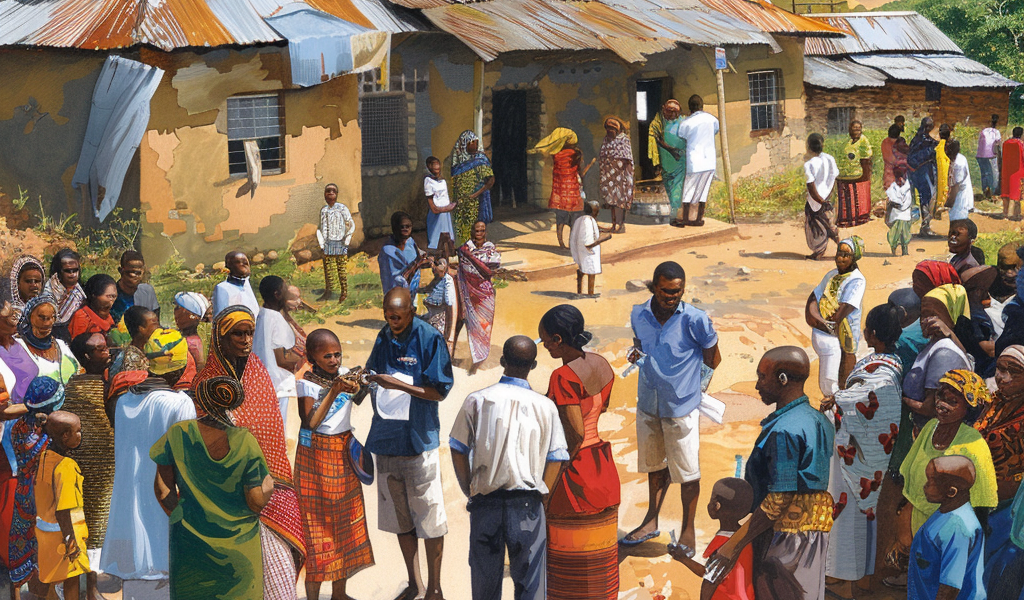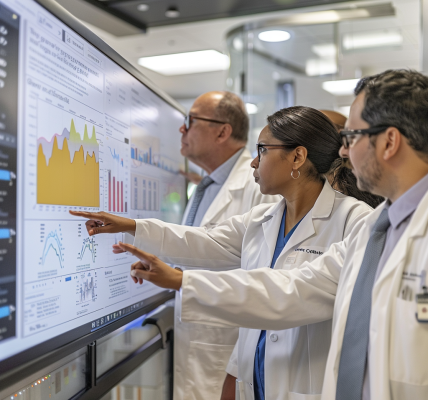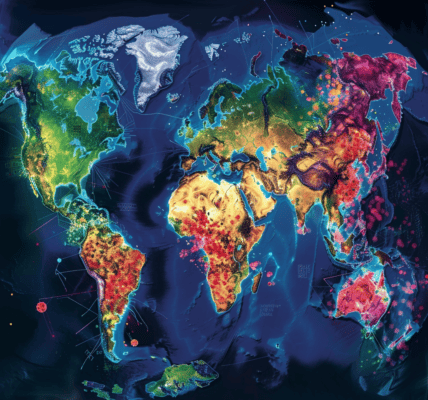Renowned Nigerian pastor, Chris Oyakhilome, has come under scrutiny for spreading conspiracy theories regarding the efficacy of vaccines, particularly targeting the new malaria vaccine being distributed in African countries. In a series of sermons broadcast on his church’s YouTube channel, Pastor Chris claimed that there is no proof that vaccines work, alleging that everyone has been misled about vaccination.
With malaria being a significant health concern in Africa, accounting for a majority of malaria-related deaths globally, the introduction of a malaria vaccine was seen as a groundbreaking development that could potentially save thousands of lives. Despite the positive impact of successful pilot vaccine campaigns in countries like Kenya, Ghana, and Malawi, Pastor Oyakhilome has been actively disseminating anti-vaccine messages to his followers.
His company has produced multiple anti-vaccine documentaries, bypassing social media platforms’ regulations against such content. By questioning the safety and effectiveness of vaccines, Pastor Chris’s rhetoric has raised concerns among medical experts who fear that his influence could lead to a decrease in vaccine acceptance rates in Africa.
In one sermon, Pastor Oyakhilome propagated a conspiracy theory suggesting that vaccines are part of a sinister agenda to depopulate the world. Such misinformation, especially when spread by influential figures like religious leaders, can fuel vaccine hesitancy and perpetuate myths that pose a threat to public health.
The World Health Organization (WHO) has warned against the dissemination of false information about vaccines, emphasizing the importance of combatting myths and misconceptions to prevent the spread of vaccine-preventable diseases. The WHO African region, where such diseases are prevalent, is particularly vulnerable to the impact of vaccine hesitancy.
Despite being highlighted as a source of disinformation regarding vaccination, Pastor Chris Oyakhilome has not responded to inquiries about his anti-vaccine statements. As the debate on vaccines and public health continues, the influence of influential figures like Pastor Chris raises important questions about the role of leaders in shaping public perceptions of healthcare practices.





